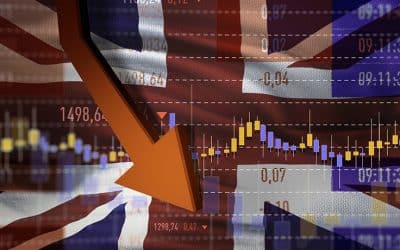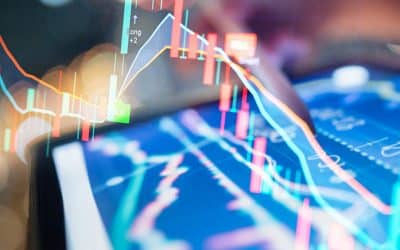The lessons learned by entrepreneurs during the pandemic

Redacción Mapfre
Roberto López and Pablo Borrás, founders of Familiados and 2beDigital, recount their experiences during the pandemic in a forum organized by the MAPFRE Sustainable Finance Observatory, the Global Entrepreneurship Monitor Spain (GEM Spain) and the Real Academia de Doctores de España (Spanish Royal Academy of Doctors)
Most people realize that being an entrepreneur is far from easy, although there is no better way to understand how much it has been complicated by the coronavirus pandemic than by listening to the experiences of founders of Spanish startups, who are well qualified to discuss the challenges they have faced and their solutions so as to emerge stronger from this economic and social crisis.
To this end, the Global Entrepreneurship Monitor Spain and the MAPFRE Sustainable Finance Observatory recently organized a meeting with members of the Spanish Royal Academy of Doctors, who were presented with the report 'Analysis of the impact of COVID-19 on entrepreneurship in Spain' which analyzes the situation of entrepreneurship and gave some entrepreneurs the opportunity to contribute.
The Spanish population "is struggling to see opportunities" for entrepreneurship. "Spain is the country where the general population sees fewest business opportunities," explained Alberto Matellán Pinilla, Chief Economist at MAPFRE Inversión and Master's degree professor at the Comillas Pontifical University in Madrid.
However, the data collected in this report from the entrepreneurial collective show Spain's efforts to adapt, with a score of 6.2 points out of 10, in line with the European average.
This group's efforts have particularly focused on promoting working from home, as well as adapting products and services to the new reality.
Despite this, more than half of the entrepreneurs surveyed said that their company had been forced to abandon some key business activities, as explained by Gregorio Holguín Galarón, head of alliances at MAPFRE and researcher at the Pontifical University of Salamanca.
Click here to read the full article (Spanish version).



